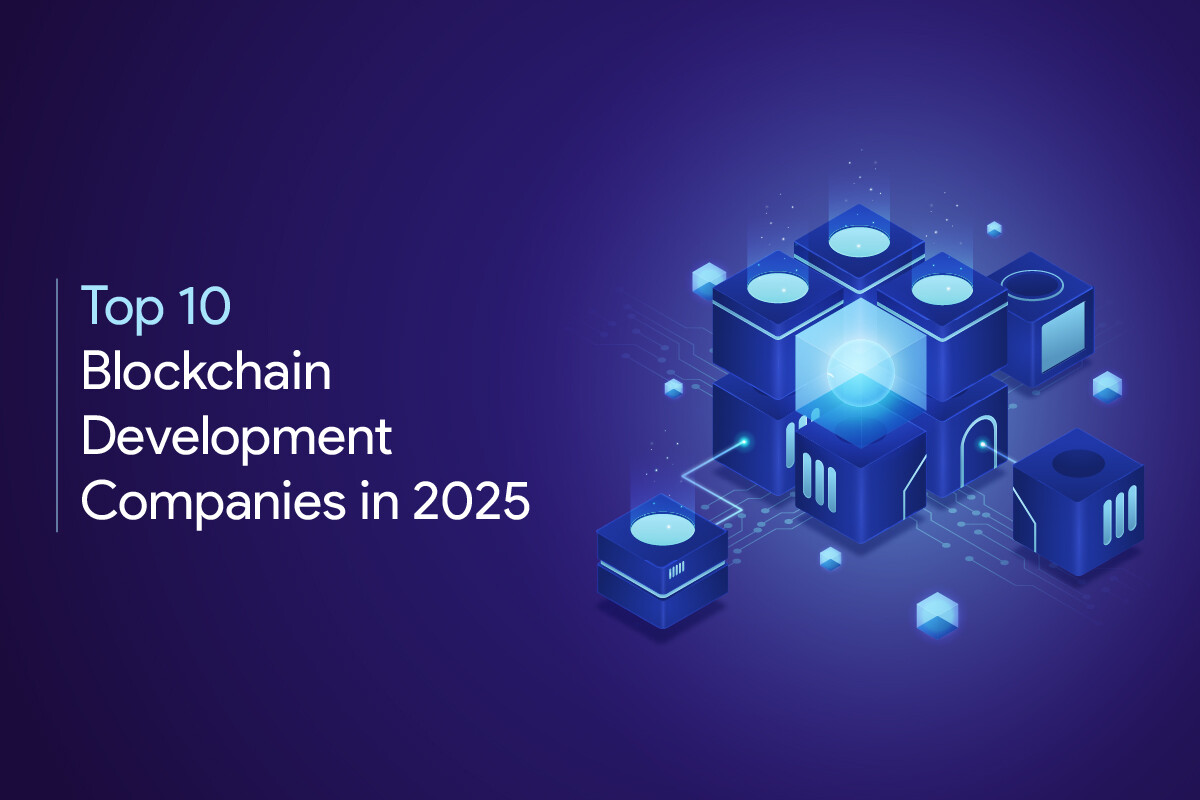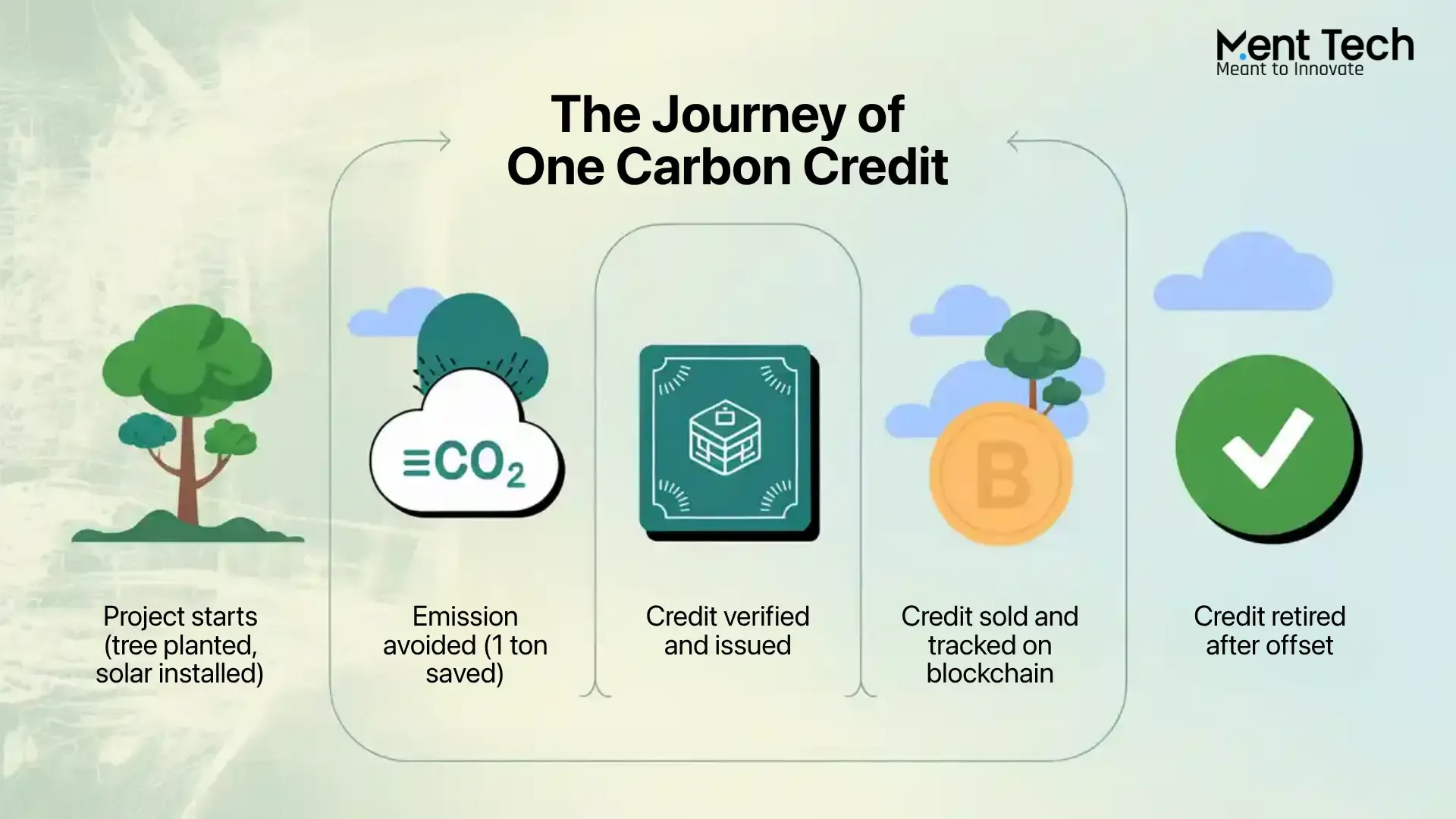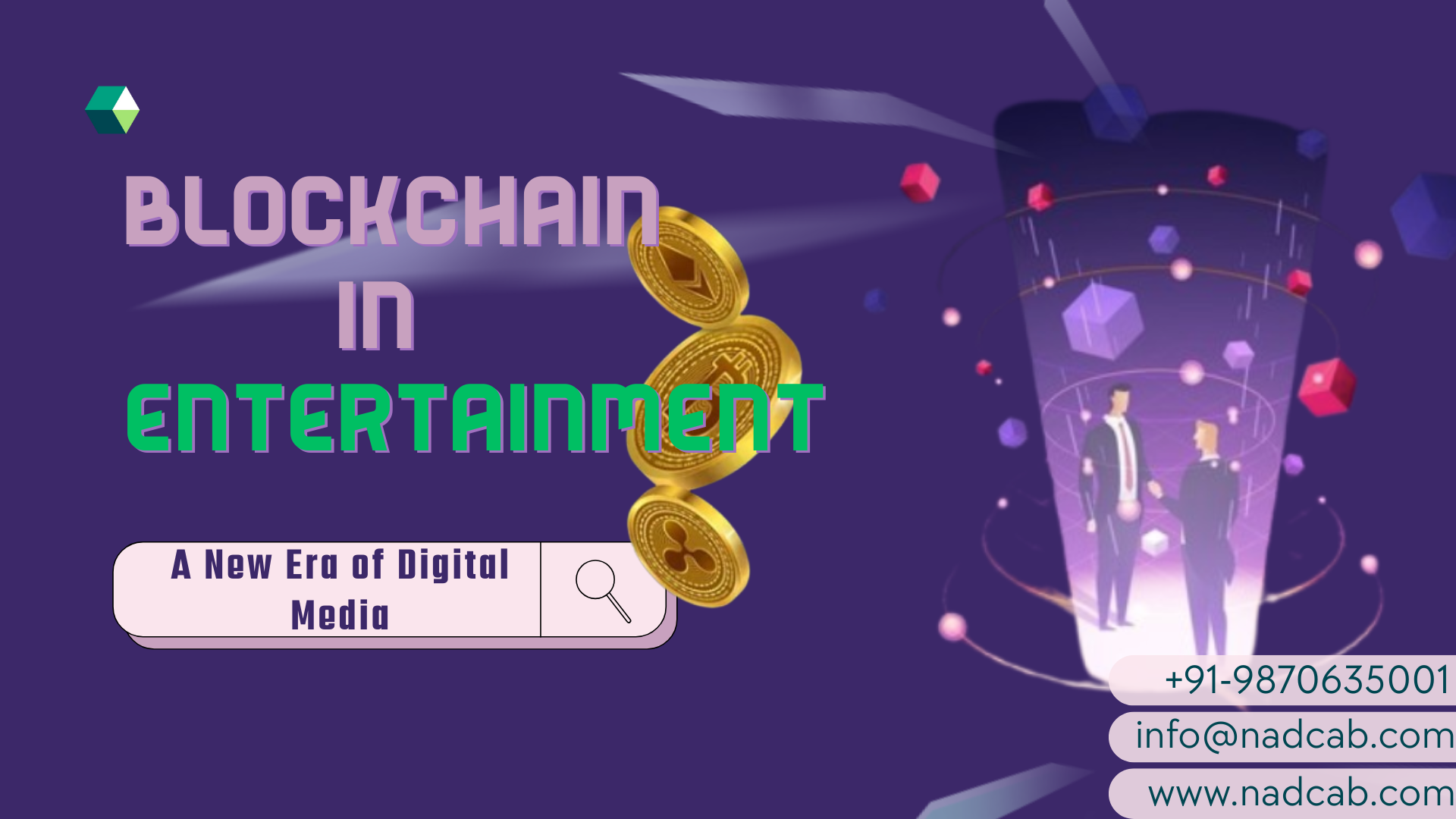Blockchain Game Development Services: The Future of Gaming

Strong 8k brings an ultra-HD IPTV experience to your living room and your pocket.
The gaming industry is undergoing a seismic shift, fueled by the integration of blockchain technology. No longer confined to traditional formats, games are evolving into decentralized, player-driven ecosystems where smart contracts and transparent protocols govern assets, data, and gameplay mechanics. Blockchain game development services are at the core of this revolution—a suite of technologies and solutions that enable developers to create immersive, secure, and monetizable gaming experiences.
✍️ NFTs are a hot trend, but few understand the technology behind them. Our blockchain NFT guide explains their origins, uses, and challenges in 2025.
In this article, we’ll explore what blockchain game development services entail, their key benefits, the technology stack behind them, challenges developers face, and why this is a game-changing innovation in the world of digital entertainment.
What Are Blockchain Game Development Services?
Blockchain game development services are specialized offerings that help game developers design, build, and deploy games integrated with blockchain technology. These services encompass:
Smart contract development
Tokenomics and in-game economy design
Non-fungible token (NFT) integration
Wallet integration
Cross-chain compatibility
Security auditing
Decentralized hosting
Marketplace creation
Play-to-Earn (P2E) mechanics
These services are usually provided by blockchain development companies or studios with expertise in both game design and decentralized systems.
Why Blockchain in Gaming?
Blockchain introduces several transformative benefits to game development:
1. True Ownership
With blockchain, players truly own their in-game assets. Whether it's a sword, skin, or pet, these are represented as NFTs on the blockchain, allowing for transferability, trading, and even usage across different games.
2. Interoperability
Assets built on standard protocols (like ERC-721 or ERC-1155) can be used across multiple platforms, creating opportunities for interconnected gaming universes or metaverses.
3. Decentralization
Games can run on decentralized servers or protocols, minimizing central control and censorship. Smart contracts automate gameplay logic and reduce dependence on centralized servers.
4. Monetization
Blockchain enables new revenue streams through tokenomics, NFT sales, royalties, and P2E models. Players can earn while playing, creating real-world financial incentives.
5. Transparency and Security
Blockchain’s immutable ledger ensures that in-game transactions, rewards, and outcomes are transparent and tamper-proof, fostering trust in the ecosystem.
Key Components of Blockchain Game Development
To build a successful blockchain-based game, developers must consider the following technical components:
1. Smart Contracts
Smart contracts govern the rules of the game, ownership, and reward distribution. Written primarily in Solidity (for Ethereum) or Rust (for Solana), they act as the backend engine of blockchain games.
2. Tokenomics Design
Games often use native tokens (fungible and non-fungible) to power economies. A well-designed tokenomics model ensures sustainability, fairness, and economic balance.
3. NFT Integration
NFTs are central to blockchain games. From avatars and weapons to land and collectibles, NFTs must be minted, stored, and traded securely via marketplaces or game interfaces.
4. Wallet Integration
Players need blockchain wallets (e.g., MetaMask, WalletConnect) to interact with blockchain features. Games must provide seamless wallet integration and onboarding experiences.
5. Backend Infrastructure
Despite decentralization, parts of the game (like graphics rendering or heavy computation) still rely on off-chain infrastructure. A hybrid model balances decentralization with performance.
6. Cross-Chain Compatibility
As games evolve, they often span multiple blockchains. Services that provide cross-chain bridges or support multiple ecosystems (e.g., Ethereum, BNB Chain, Polygon, Solana) enhance user reach and flexibility.
Types of Blockchain Games
1. Play-to-Earn (P2E) Games
Players earn cryptocurrency or NFTs through in-game activities. Axie Infinity popularized this model, where players breed, battle, and trade creatures for profit.
2. Metaverse Games
These are immersive, virtual worlds where players interact, trade, and live out alternative realities. Examples include Decentraland and The Sandbox.
3. Collectible Card Games
Games like Gods Unchained allow players to collect, upgrade, and trade digital cards—each with unique value and ownership on the blockchain.
4. Strategy and Role-Playing Games (RPGs)
Blockchain adds economic depth to RPGs and strategy games, enabling players to own and trade in-game resources or territories.
Benefits of Using Blockchain Game Development Services
1. Faster Time to Market
Development companies offer pre-built modules and SDKs, reducing time spent on infrastructure and letting studios focus on core gameplay.
2. Expertise in Compliance and Security
Blockchain games deal with real-world assets and financial elements. Experts ensure compliance with regulations and conduct smart contract audits to prevent exploits.
3. Scalability Solutions
Layer-2 solutions and sidechains like Immutable X, Polygon, and Arbitrum offer faster transactions and lower gas fees—crucial for gaming scalability.
4. Marketplace and Community Integration
Development services often include built-in support for marketplaces and DAO integration, enhancing community engagement and asset liquidity.
Challenges in Blockchain Game Development
While promising, blockchain gaming is not without hurdles:
1. User Onboarding Complexity
Non-crypto users may find wallets, private keys, and gas fees confusing. Simplified onboarding is essential for mass adoption.
2. High Development Costs
Blockchain integration, smart contract audits, and cross-chain functionality add complexity and cost to game development.
3. Security Risks
Smart contract bugs, wallet vulnerabilities, and phishing scams pose risks to users and platforms alike.
4. Regulatory Uncertainty
Game tokens and NFTs can fall under financial regulations, requiring legal review to avoid compliance issues.
5. Scalability
Public blockchains can suffer from congestion and high transaction fees, negatively impacting user experience.
Trends Shaping the Future of Blockchain Gaming
1. AI and Blockchain Integration
AI-generated content and blockchain ownership are converging to create unique, player-generated gaming experiences.
2. DAOs and Player Governance
Many games are evolving into DAOs where token holders vote on game updates, economy changes, and development direction.
3. Web3 Game Engines
Tools like Unity and Unreal Engine now support blockchain plugins, making it easier for developers to integrate decentralized features.
4. Inter-game Economies
Shared currencies and assets across games are enabling multi-title ecosystems with persistent economies.
5. Sustainable Tokenomics
Games are moving away from inflationary reward models toward sustainable, utility-driven economies.
Choosing the Right Blockchain Game Development Partner
If you're looking to launch a blockchain game, partnering with an experienced development service provider is key. Here are things to look for:
Portfolio of successful blockchain games
Expertise in smart contract and NFT development
Security-first development approach
Support for multiple blockchain ecosystems
UI/UX design capabilities
Ongoing support and scalability planning
Final Thoughts
Blockchain game development services are unlocking new frontiers in gaming. They’re not just a passing trend—they’re laying the foundation for player-owned economies, interoperable digital worlds, and immersive gaming experiences unlike anything we've seen before.
Whether you're an indie developer exploring your first NFT game or an established studio diving into the metaverse, blockchain game development services can provide the tools, tech, and expertise to bring your vision to life.
Note: IndiBlogHub features both user-submitted and editorial content. We do not verify third-party contributions. Read our Disclaimer and Privacy Policyfor details.







